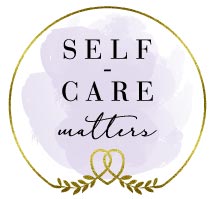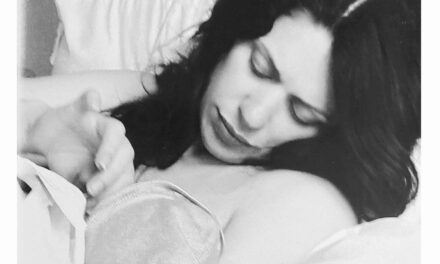Photo: my daughter turned two this week. It can feel like you miss out when the early months are spent suffering from perinatal mental health problems, but things can and do get better.
When I was poorly after having my 3rd child, Eloise, I was forced to go into hospital. I say forced because I was told at my assessment that I’d be sectioned if I didn’t go voluntarily. They said the nearest Mother & Baby Unit bed was 80 miles away and I could either get an ambulance or my husband could take me. They said I had to go as soon as possible, and arrive in the next few hours. I thought they were joking, but they were serious. This meant I had to go home to pack some things and face the unpleasant task of telling my two older children who were 9 and 7 at the time- that mummy & their new baby sister were going away for a while.
I didn’t really know what to say to them or have very long to think about it. I had always hidden my mental health problems from everyone, and especially from my children. I’d spent 9 months telling them that the new baby wasn’t going to change the amount of love I’d have for them. I’d reassured them that the new baby wouldn’t take up all my time and we’d still do everything we do now together- just with our little baby in tow. I’d corrected them it wasn’t mine and daddy’s baby- it was a family baby for us all to share. I’d tried to drum up their excitement by getting them involved in buying baby toys and showing them old pictures of when they were tiny.
And now here I was about to ruin everything. I said something like, “I went to the doctors and they think I’m a bit tired after having Eloise as babies are lovely but very tiring, and they’re making me go somewhere for a little rest”. My 9 year old daughter’s face filled with fear and my 7 year old son just went quiet. I said “I’m going to be fine and it’s not that bad, but they’re making me go so it doesn’t get any worse”. Then I lied and said “I’m going somewhere that’s like a nice hotel just with doctors and nurses, and hopefully they’ll only make me stay a couple of days”.
I realised later, when I was feeling a bit better, that I was one of the lucky ones to be given a Mother & Baby Unit bed. Many women are separated from their baby and admitted to general psychiatric wards. Part of the Mother & Baby Unit set-up is that it is geared to involving the whole family in the Mothers recovery. But my being away inevitably still had a big impact on my older children. I think I tried to normalise mental illness as part of an abnormal experience. That although being ill is abnormal compared to not being ill, it is also part of life and cannot always be avoided. These things happen. Life is not out to get you and mental illness is not a personal weakness.
Personally I prefer to steer clear of emotional words and I don’t like to bring “feelings” into it. I prefer to be quite matter of fact as I feel my children respond better to this approach. I tell them that Mummy has one of her headaches, needs a rest or a lie-down, but she will be fine and feeling better soon. I suppose I worry that using words like “sad” will make them blame themselves, even if I tell them that’s not the case.
I’ve learned that it’s better to be open with them- age appropriately- and not make out that mental illness is some sort of dark, mysterious subject.
When I was growing up no one talked about mental health, it just wasn’t talked about and there wasn’t the same level of awareness as there is now. One of the problems about this is that if you don’t know what mental health is, it’s much harder to recognise, understand and verbalise what mental illness is.
My wish for my own children is that they grow up viewing mental health as something not to fear but simply something that just is- something to be looked after like any other part of them.






Alison I can’t believe you had to go through this after your baby’s birth X I think you are a true inspiration to many people who suffer silently. You are an amazing beautiful lady and a bloody strong one! As you know I’m in the thick of people suffering mental health and it is heartbreaking to see. Sometimes these real people have no visitors and are lost in a world of torment and loneliness. Well done for bringing this to light and I pray it educated others. Talking to children early on can prevent ignorance and promote care. I’m so proud to have you as my friend xxxxxx